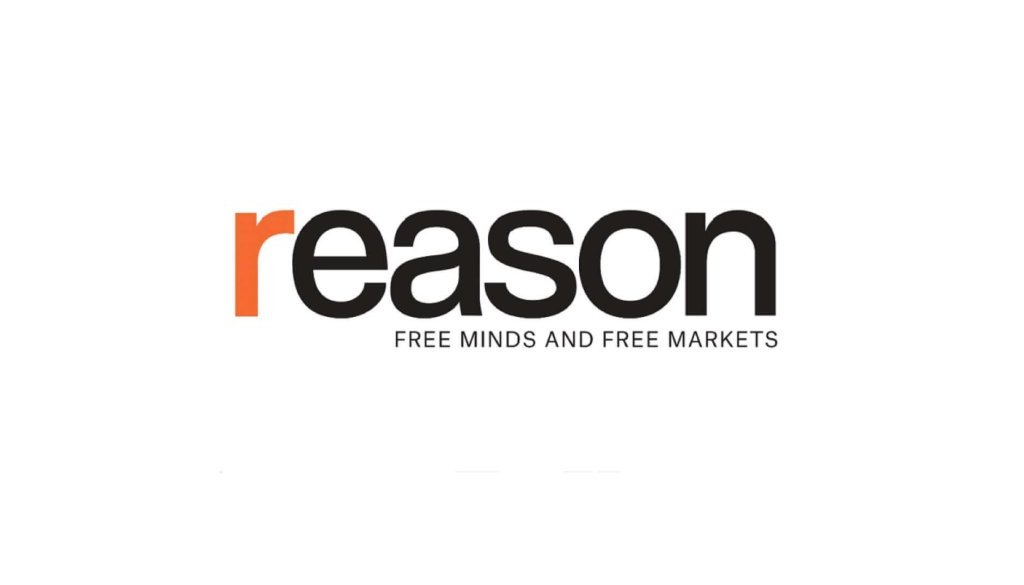Trump Can Take Revenge on the ‘Deep State’: Pardon Snowden
Twelve years after facilitating the largest national security leak in American history, Edward Snowden remains exiled in Russia, unable to set foot on U.S. soil without losing his freedom.
A bipartisan consensus denouncing Snowden as a criminal traitor quickly formed in Washington, D.C., following the revelation of his identity in 2013: “I don’t think Mr. Snowden was a patriot,” President Barack Obama said at a press conference. Hillary Clinton dismissed him as “a lawbreaker,” House Speaker John Boehner called him a “traitor,” Rep. Mike Pompeo (R–Kan.)—later CIA director—called for his execution.
The U.S. government was illegally surveilling its own citizens, and because of decisions made by Congress and the Bush and Obama administrations after the 9/11 terrorist attacks, America was on track to become an Orwellian police state.
This hasn’t happened yet thanks in large part to Edward Snowden, who deserves not only a presidential pardon, but a hero’s welcome home.
In 2013, Donald Trump shared the D.C. establishment view of Snowden, calling him a “spy who should be executed.” In 2015, while campaigning for president, Trump said, “I think he’s a total traitor, and I would deal with him harshly.” By the end of his first term, however, Trump had changed his mind.
“Many people think [Snowden] should somehow be treated differently, and other people think he did very bad things, and I’m going to take a very good look at it,” Trump told a reporter who asked him about a potential Snowden pardon in August 2020.
After Trump lost reelection to Joe Biden, journalist Glenn Greenwald says he “engaged in a huge amount of effort” with Trump’s transition team about pardoning Snowden, and that, at one point, Trump was convinced to go through with it.
“I think he liked the idea, the kind of flair of it, and wanted to do it,” says Greenwald.
Greenwald says anti-Snowden partisans like Pompeo talked Trump out of it, and that Trump may have worried that such a move would spur congressional Republicans to vote to convict him in his impeachment proceedings.
But now, Trump has less to lose by angering the GOP establishment than he did in 2021.
Pompeo is no longer in his orbit. Trump has already shown a zeal for using the pardon power to settle scores, for better or worse, starting with a blanket pardon of the January 6 rioters. He also kept his promise to the Libertarian Party by freeing the founder of the dark web drug market the Silk Road.
By pardoning Snowden, Trump could really give the finger to the D.C. establishment and, incidentally, do the right thing by sending a message to the world in this moment of creeping global surveillance and censorship: Snowden was right.
“Does the NSA [National Security Agency] collect any type of data at all on millions or hundreds of millions of Americans?” asked Sen. Ron Wyden (D–Ore.) of Director of National Intelligence James Clapper in March 2013.
“Not wittingly,” Clapper responded.
Snowden, in his book Permanent Record, says “that was a witting, bald-faced lie” and describes the exchange as his “breaking point”—the moment he realized he’d be morally compromised if he didn’t risk everything to expose the truth. Less than three months later, he would hand thousands of classified government documents to Greenwald, documentarian Laura Poitras, and Guardian journalist Ewen MacAskill in a Hong Kong hotel room and reveal his identity to the world.
“There’s no saving an intelligence community that believes it can lie to the public and the legislators who need to be able to trust it and regulate its actions,” Snowden told a German reporter in 2014. “Seeing that, for me, really meant for me there was no going back. Beyond that, it was the creeping realization that no one else was going to do this.”
Obama urged Snowden to return to the U.S. and face trial.
“If, in fact, he believes that what he did was right, then, like every American citizen, he can come here, appear before the court with a lawyer, and make his case,” Obama told the press two months after the publication of the documents Snowden leaked.
But a fair trial was unlikely. Snowden was charged under the Espionage Act of 1917, which was passed during World War I and used to quash antiwar activism, landing socialist presidential candidate Eugene Debs in prison for advocating draft resistance. Under the Espionage Act, the Rosenbergs got the electric chair for selling nuclear secrets to the Soviets.
The law wasn’t designed to prosecute whistleblowers exposing government malfeasance, so a judge wouldn’t have allowed Snowden to present his rationale for leaking classified information. In 1973, a federal court prohibited Daniel Ellsberg, who exposed official lies about the Vietnam War, from using a whistleblower defense.
“I wasn’t able to say anything about [my motivations] or why I felt that it was reasonable for me to risk my life to get the truth to the American people,” Ellsberg told CNN in 2014. “Snowden wouldn’t have a chance to say any of those things.”
If Snowden had turned himself in, as Obama advised, he would have faced a show trial.
Just look at what happened to Army private and Wikileaks source Bradley Manning—he spent nine months in solitary confinement before standing trial. Manning, who would later identify as Chelsea, ended up serving years in prison before Obama commuted the 35-year sentence.
“The United States will always be my home,” maintained Snowden in a 2019 MSNBC interview. “I’ll always be willing to come back on a single condition…that the government guarantee that I have the right, and every whistleblower has the right, to tell the jury why they did what they did.”
If Snowden had come back without that guarantee, would he have gotten the electric cha
Article from Reason.com

The Reason Magazine website is a go-to destination for libertarians seeking cogent analysis, investigative reporting, and thought-provoking commentary. Championing the principles of individual freedom, limited government, and free markets, the site offers a diverse range of articles, videos, and podcasts that challenge conventional wisdom and advocate for libertarian solutions. Whether you’re interested in politics, culture, or technology, Reason provides a unique lens that prioritizes liberty and rational discourse. It’s an essential resource for those who value critical thinking and nuanced debate in the pursuit of a freer society.



